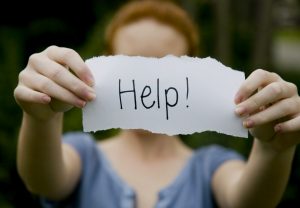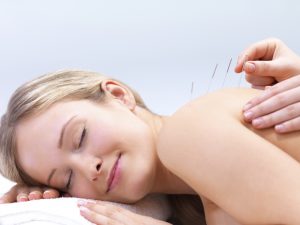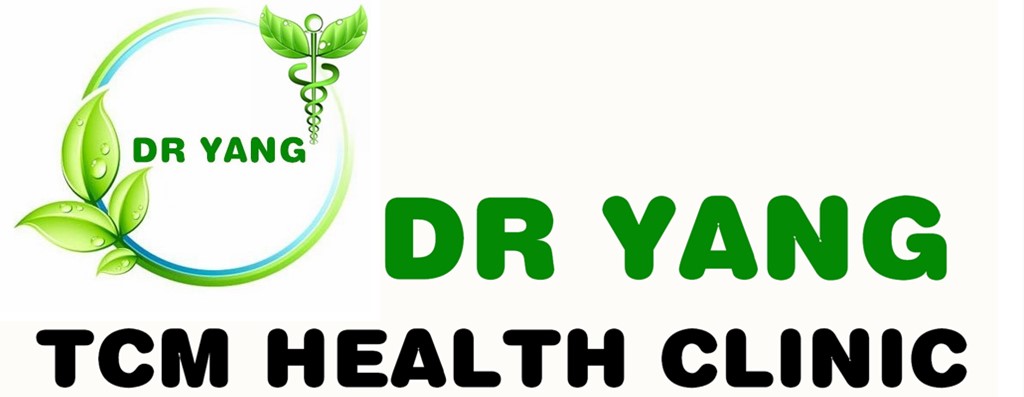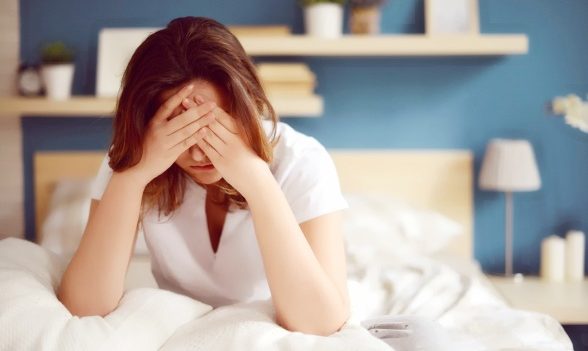
Acupuncture Had An Effective Treatment On Depression and Anxiety
Remove ‘Trojan Virus’ From Your Mind
Chinese (中文)
Congratulations to one of my patients! She has successfully stepped out of the shadow of depression and anxiety. Wish her always have a bright life in the future.
* 3 million Australians are living with depression or anxiety.
* Depression can be treated most effectively in its earliest stage.
* Drugs don’t suit everyone.
* Acupuncture has effective treatment for depression and anxiety.
What Is Depression ?
Depression is like a Trojan Virus installed in your mind.
Depression is a real illness that impacts the brain. Depression is a serious illness caused by changes in brain chemistry. Research tells us that other factors contribute to the onset of depression, including genetics, changes in hormone levels, certain medical conditions, stress, grief or difficult life circumstances. Any of these factors alone or in combination can precipitate changes in brain chemistry that lead to depression’s many symptoms.
Depression and Anxiety Are Common
Three million Australians are living with depression or anxiety. In Australia, it’s estimated that 45 per cent of people will experience a mental health condition in their lifetime. In any one year, around 1 million Australian adults have depression, and over 2 million have anxiety.
The World Health Organization (WHO) characterizes depression as one of the most disabling disorders in the world, affecting roughly one in five women and one in ten men at some point in their lifetime. The WHO estimates that 350 million people from all ages suffer from depression. Although reliable statistics are difficult to obtain, it is estimated that in China more than 26 million people are affected by depression. The U.S. National Institute of Mental Health (NIMH) estimated that in the U.S. 16 million adults had had at least one major depressive episode in 2012.
The Shadow In Every Aspect of Life
‘I didn’t laugh. I just went through life like a machine,’ said a depression sufferer.
Men and women of every age, educational level, and social and economic background suffer from depression. Marriage, parenting, friendships, careers, finances – every aspect of daily living is compromised by this disease. Once an episode of depression occurs, it is also quite likely that it will recur. And the impact of depression can be even more severe when it occurs in combination with other medical illnesses such as diabetes, stroke, or cardiovascular disease, or with related disorders such as anxiety or substance abuse.
The Causes of Depression
Although scientists agree that depression is a brain disorder, the debate continues about exact causes. Many factors may contribute to the onset of depression, including :
* Genetic characteristics
* Changes in hormone levels
* Certain medical illnesses
* Stress
* Grief
* Substance abuse
Any of these factors alone or in combination can bring about the specific changes in brain chemistry that lead to the many symptoms of depression, bipolar disorder and related conditions.
The Most Common Symptoms of Depression
* Feelings: sadness, hopelessness,guilt, moodiness, angry outbursts, loss of interest in friends, family and favorite activities
* Thoughts: trouble concentrating, trouble making decisions, trouble remembering, thoughts of harming yourself, delusions and/or hallucinations (severe depression)
* Behaviors: withdrawing from people, substance abuse, missing work, school or other commitments, attempts to harm yourself
* Physical problems: tiredness or lack of energy, unexplained aches and pains, changes in appetite, weight loss, weight gain
* Changes in sleep: sleeping too little or too much
* Sexual problems: including loss of interest in sexual activity
The Treatment of Depression
Depression and bipolar disorder are both treated most effectively in their earliest stages when symptoms are less severe.
 There are several strategies for treating depression. Depending upon each individual’s characteristics and symptoms, healthcare professionals may employ one or more types of psychotherapy that rely upon a sequence of interpersonal treatment sessions with a trained professional. Lifestyle changes, including improvements in sleeping and eating habits, physical activity and stress reduction have also proven very helpful in managing symptoms.
There are several strategies for treating depression. Depending upon each individual’s characteristics and symptoms, healthcare professionals may employ one or more types of psychotherapy that rely upon a sequence of interpersonal treatment sessions with a trained professional. Lifestyle changes, including improvements in sleeping and eating habits, physical activity and stress reduction have also proven very helpful in managing symptoms.
According to ABC reports, Drugs don’t suit everyone and now researchers are trying a range of different approaches to treat depression, from clinical hypnosis to brain stimulation.
Clinical psychologist Michael Yapko from San Diego, California, suggests that a serious revision of people’s attitudes towards depression is now required, because while people focus on the biology of depression, they miss what goes on at the psychological and social levels.
Yapko has been using clinical hypnosis as an effective therapeutic tool for the treatment of depression for many years. He said, ‘There are a number of psychotherapies, cognitive behavioural therapy and interpersonal therapy in particular that have the highest treatment success rates.’
Acupuncture Can Effectively Treat Depression
‘What happens in depression is that people tend to focus on what’s wrong instead of what’s right, what has hurt them instead of what has helped them. ’ —— Clinical Psychologist Michael Yapko

Studies indicate that acupuncture can have a specific positive effect on depression by altering the brain’s mood chemistry, increasing production of serotonin and endorphins. Acupuncture may also benefit depression by acting through other neurochemical pathways, including those involving dopamine , noradrenaline , cortisol and neuropeptide Y. (source from The British Acupuncture Council).
It is believed that acupuncture can stimulate the nervous system and cause the release of neurochemical messenger molecules. The resulting biochemical changes influence the body’s homeostatic mechanisms, thus promoting physical and emotional wellbeing.
Clinic practice demonstrated that acupuncture has a effective treatment for depression and anxiety.






